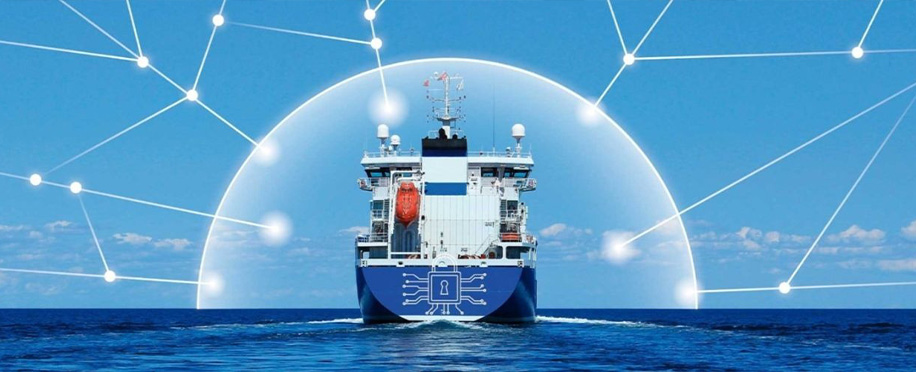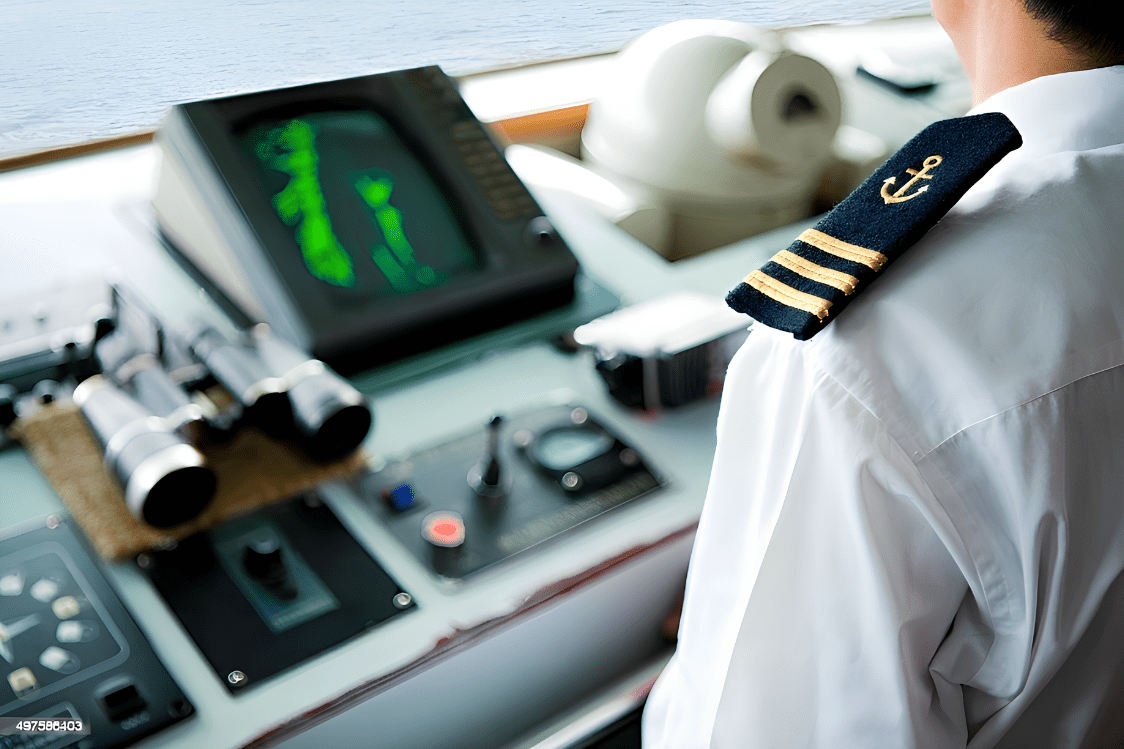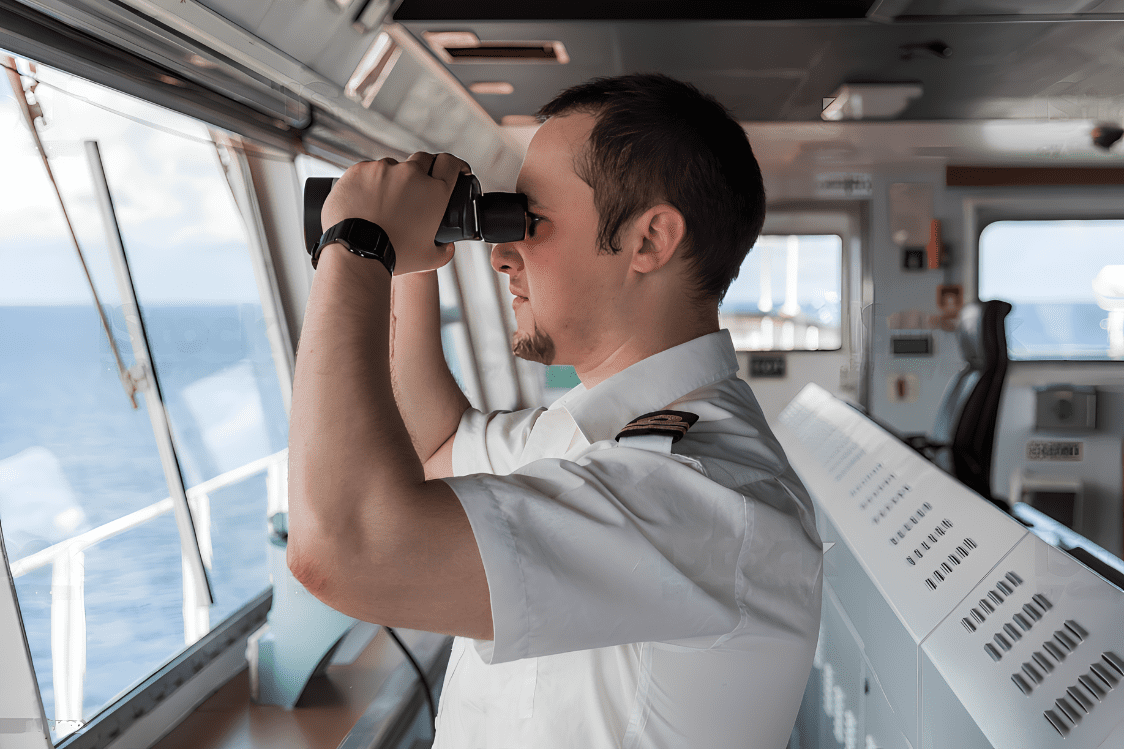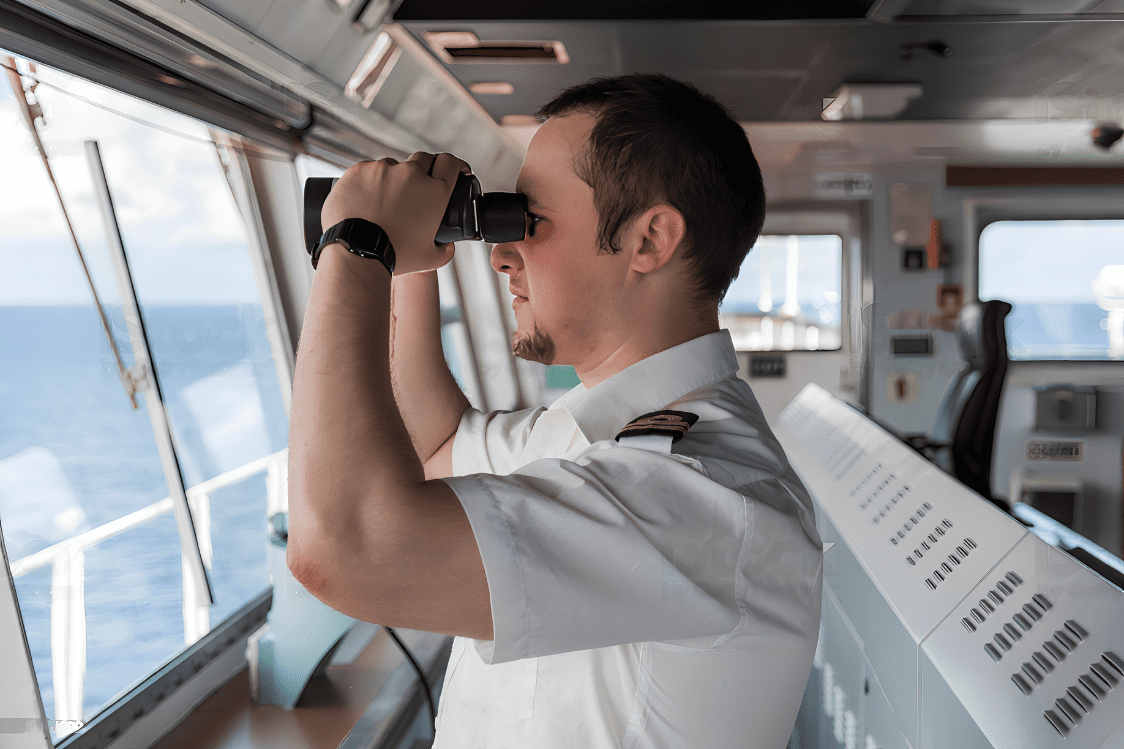Ocean Governance: The Key to Preserving Our Blue Planet
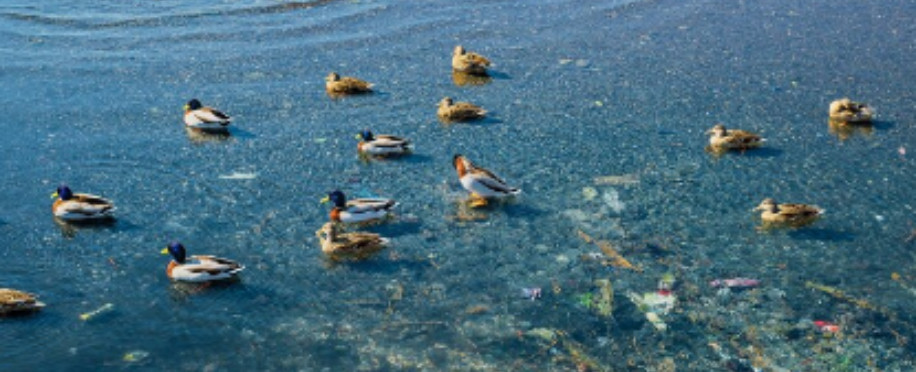
Posted on Apr 17, 2024 at 10:04 PM
Ocean governance is the compass that shows us how to build a sustainably safe planet. Think about it! Oceans are the world's most diverse ecosystem, and they face the most challenges today. Addressing these issues should be our top priority, and the only way to do that is through ocean governance.
Let's find out what kind of framework ocean governance is and the science behind it through this article, so read along.
What is Ocean Governance?
Ocean governance refers to the policies, frameworks, and processes established to manage and regulate human activities in the world's oceans. It encompasses legal, environmental, social, and economic aspects to ensure the sustainable use and conservation of marine resources.
Yes, but why does ocean governance even exist?
Well, ocean governance aims to address the challenges posed by activities such as fishing, shipping, energy extraction, and pollution while promoting marine conservation and protecting the rights and interests of coastal communities.
How does it do that?
It consists of a collaborative framework that incorporates policy-makers, international institutions, and stakeholders to effectively implement management strategies, enforce regulations, and promote the responsible and equitable use of ocean resources for the benefit of present and future generations.
The Call for an Ocean Governance
The necessity for sustainable and effective ocean governance comes from the fact that our oceans and our nations are united in crisis. The overharvesting of fish stocks has led to a decline in global fish populations, endangering millions of people’s well-being and food stability.
Let's add to that the plastics pollution, oil spills, and other human actions that result in sea pollution, intensifying the prospect of maritime contamination, water contamination, and severe damage to coastal habitats. Climate change, made much more detrimental by the oceans, leads to acidification of the oceans, rising sea levels, and changing ocean currents that potentially put more natural catastrophes into motion and create another threat to coastal communities.
If we examine the wide range of consequences that will fall upon us, we will realise the dire need for resilient ocean life and how much we need to improve our conduct and work to meet our sustainability goal.
What are some Ocean Governance practices?
As we've mentioned previously, our affairs are increasingly endangering the life inside oceans, which means ocean governance is critical. That's why we must focus on multiple instruments that make ocean governance possible, and these are:
Sustainable Fisheries Management
Overfishing and destructive fishing methods have reduced fish stocks and destroyed marine biodiversity. Effective ocean governance implies realising ecosystem-oriented management of fisheries (EAFM), which means exploring the marine ecosystem and its interlinkages instead of only concentrating on individual species.
The purpose is twofold: it seeks to guarantee the continuity of fisheries for the long term and to preserve the marine environment from harm.
Marine Protected Areas (MPAs)
MPA is the acronym for a Marine Protected Area, an area legally protected by federal law where people's activities are limited or regulated to support the conservation of marine ecosystems, habitats, and species.
Developing and properly implementing MPA networks are vital aspects of ocean governance. According to Maritime safety training Courses in London, refuges not only protect biodiversity but also provide many healthy alternatives for people to enjoy, learn, and research.
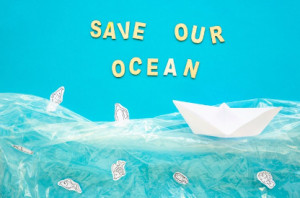
Addressing the concept of Climate Change
Marine ecosystems act as powerful climate regulators on Earth by absorbing a great deal of carbon dioxide and heat from the atmosphere.
Nevertheless, strongly surging greenhouse gases are the reason behind ocean acidification and warming, which threaten marine ecosystems and species.
Ocean governance involves developing and enforcing policies for climate mitigation, including reducing carbon emissions, promoting renewable energy, and protecting coastal and marine habitats that serve as carbon sinks.
Combating Marine Pollution
The health of our oceans is one of the main victims of ocean pollution, which takes various forms, including plastic waste, oil spills, and nutrient runoff. Ocean governance relies on the embedment of maritime security measures that prevent or reduce pollution and promote sustainable practices in business domains such as transport, tourism, and coastal development.
Promoting a Sustainable Blue Economy
The blue economy refers to the sustainable use of ocean resources for economic growth, improved livelihoods, and job creation while preserving the health of the marine environment. Ocean governance is crucial in promoting a sustainable blue economy by balancing economic interests with environmental conservation and social considerations.
What are the issues in ocean governance?
Why do we need regional ocean governance? It's because it ensures that we are in the process of fighting these issues:
-
Lack of a comprehensive legal framework.
-
Weak implementation and enforcement of intergovernmental agreements.
-
The competing interests of stakeholders and participants include fishing and shipping industries and environmental conservation organisations.
-
Difficulty in balancing conflicting interests.
-
Fragmented approaches to ocean conservation due to the lack of partnering among nations
-
Demand for the development of comprehensive and inclusive governance frameworks.
-
Low efforts for implementing laws and policies and an insufficient values of sustainable culture
Ocean governance is more than an abstract concept; it is a decade-long problem requiring immediate action. Our oceans must be managed, and we must start getting engaged and practising ocean governance today.
